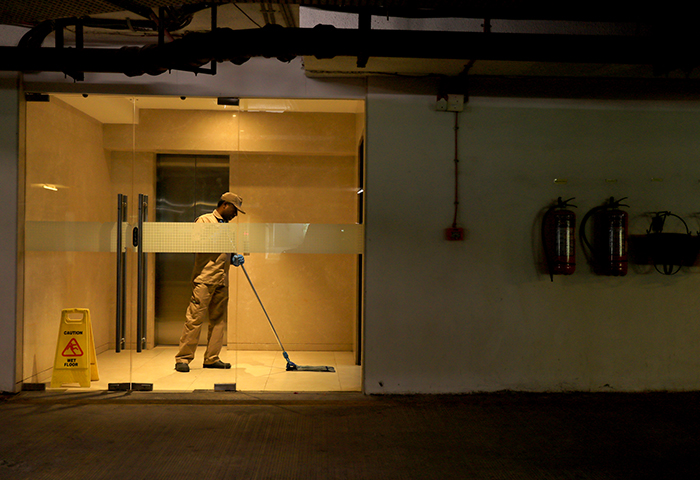Protecting Your Employees’ Health During Monsoons

Tags: housekeeping
The monsoon season in most parts of India can be harsh, causing various kinds of damages and problems for organisations. These problems often include an increased number of malaria cases, mould growth, water damage to electrical systems, and a lot more, further affecting business operations.
Fortunately, there are many things facility managers can do to minimise the risk of monsoon on the property and employees. Here are some of the things that every facility manager and organisation must incorporate into their facility management protocols during the next four months of monsoons.
1. Figure Out the Risks
Every workplace is unique, and thus, they have different risks. For instance, a facility located at lower elevations would be prone to water flooding, whereas another facility situated next to a lake would have high humidity problems.
The facility managers must figure out what significant risks pose a threat to their facilities, and they must take subsequent precautions to minimise those risks accordingly.
2. Mop the Premises Often, Especially the Terraces
A robust housekeeping strategy plays a significant role in safeguarding the employees’ health during monsoons. Thus, the housekeeping staff must focus on keeping the workplace dry, especially the floors in high traffic zones. Damp floors can be a workplace risk, causing employees to trip and get injured.
The professional housekeeping service provider department must also regularly clean the terraces to reduce the buildup of moisture and fungus.
3. Get Rid of Stagnant Water
Similarly, the housekeeping staff must keep a lookout for stagnant water, which becomes a breeding ground for insects and mosquitoes. Stagnant water can lead to a rise in mosquito population within the premises, leading to various diseases like malaria and dengue amongst the workforce.
Additionally, stagnant water increases the humidity levels within the workplace, which can lead to mould growth. Mould is harmful for several reasons—it causes water damage to the structure, worsens the air quality, and causes various health problems amongst the employees.
4. Use Eco-Friendly Insect Sprays
A smart facility manager would also fumigate the premises regularly, especially considering the recent coronavirus cases. Fumigating the premises with eco-friendly insect sprays and disinfectants would largely eliminate insects and mosquitoes on the premises, along with disinfecting the damp air. This way, the employees would be working in a safer environment.
5. Service Plumbing and Electrical Systems
Lastly, the facility managers must carry out a thorough inspection and service of the plumbing and electrical systems to find any shortcomings or potential problems. The plumbing system must be free of leaks and clogs, and the drains must be working in optimum condition to prevent waterlogging within the premises.
